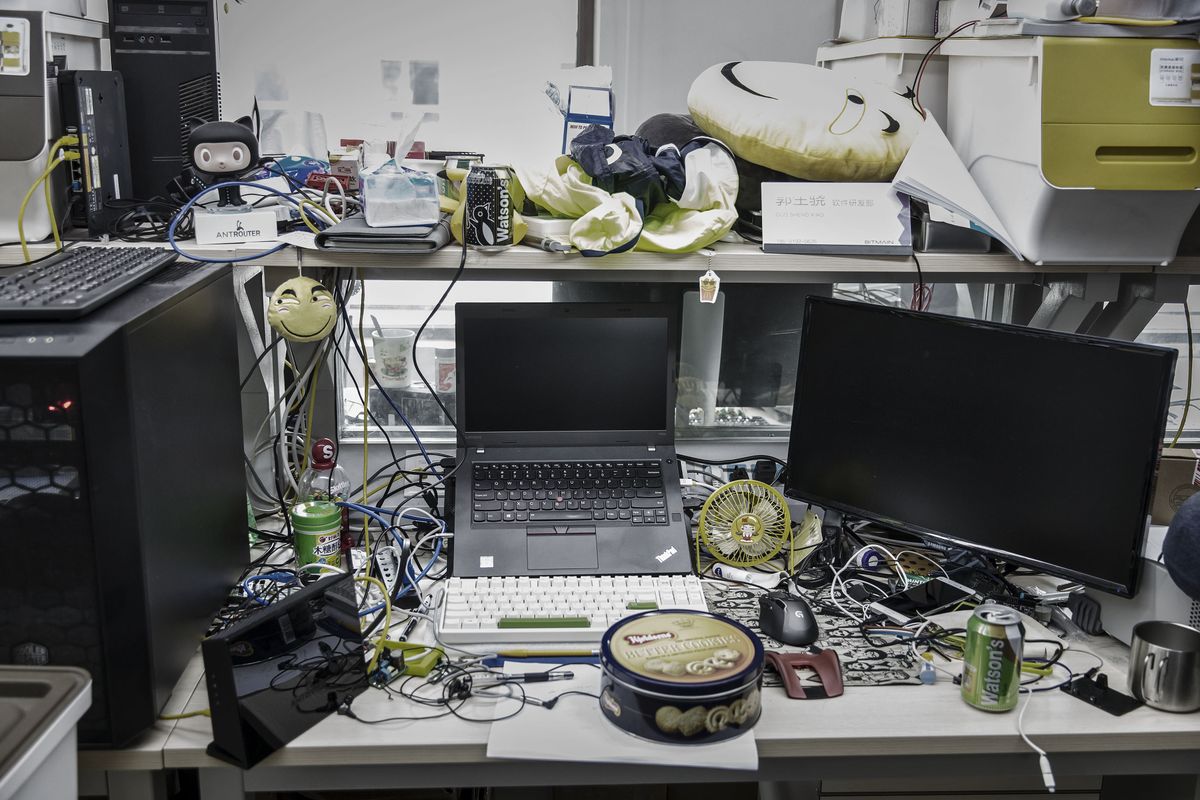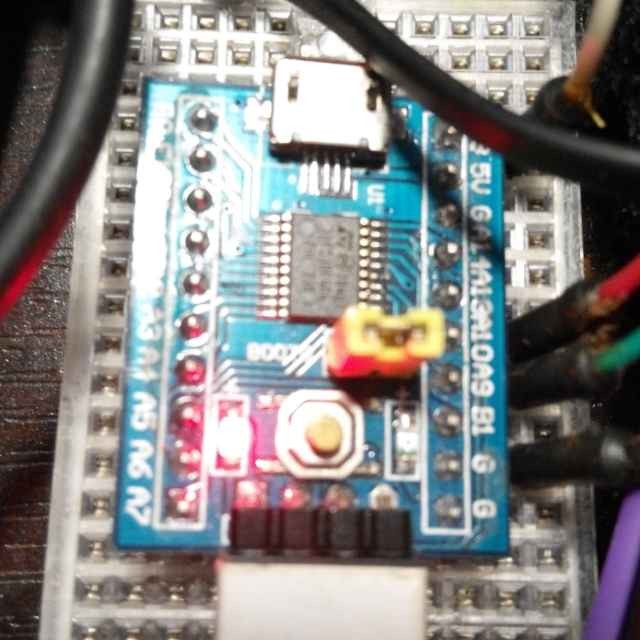I have wondered for decades why governments in poorer countries continue to rely on M$ instead of building their own IT infrastructure based on Linux or BSD. Kickbacks spring to mind? Perhaps this will be the impetus for change and China will add this as part of their Belt & Road initiative.
I imagine poorer countries just don’t see the value of investing into IT in order to make Linux work, and definitely expect that China will start exporting its IT infrastructure as part of BRI.
same, hopefully this brings attention to its viability.
This could be a fantastic development for Linux on the desktop.
It won’t be.
Linux on the desktop is due to take over at about the point that desktop becomes irrelevant to most people. There are far too many systemic problems with Linux to make it worth the effort to use it as a base for a serious, end-user oriented desktop.
I foresee more that something like Harmony OS or something else in that vein being the driver of the Chinese desktop experience. And before someone well-ackshooally’s me, yes, currently there is a Linux kernel in the loop for Harmony OS, but:
- It’s only in the mobile version at the moment, used primarily to run Android apps; and,
- it’s destined to be replaced.
The underlying layer of HarmonyOS is composed of HarmonyOS microkernel, Linux kernel and Lite OS and it will become a complete HarmonyOS microkernel architecture in the future.
Something like Harmony OS replacing Linux is certainly a possibility. While the desktop is generally irrelevant for casual use, it’s not going anywhere as far as professional use is concerned.
Of course, there’s no reason why Harmony OS couldn’t be adapted for desktop use as well. So, I think the question will be whether the ecosystem around Linux provides enough value to keep building on top of it rather then having to rebuild it from scratch on a new OS.
It doesn’t.
Linux on the desktop for the non-nerd end-user is an unmitigated disaster. No matter how fancy a coat of paint you put on top of it GUI-wise, at its core it is a horrifically user-unfriendly nerdgasm-making mess. (I say this as someone who has run Linux 100% at home since … I want to say 1998?)
Android is the Linux kernel with an entirely different UX layer. And it’s a success. But even that degree of integration is a) horrifically expensive, and b) gilding a turd. HarmonyOS is built from the ground up to be an entirely different model, and extending it to the desktop is something I consider very likely a high priority project in Huawei that they just haven’t yet advertised.
And one of the key things that HarmonyOS is built up on is the notion of virtualization … which means that Huawei’s phones run Android, essentially, as a task under HarmonyOS. And a HarmonyOS desktop will likely run Windows (or something Wine-like, only with billions of dollars worth of funding) to keep up legacy apps.
Linux can’t compete in that realm.
I generally agree. Linux stack is a huge mess, and there are lots of benefits to building on top of modern and clean architecture like HarmonyOS. And that’s especially the case if you have unlimited funding to develop it. I also agree with virtualisation point, if you can get useful Linux apps to run in containers you get a bridge until you can develop native equivalents.
The Linux ecosystem highlights both the strength and the weakness of F/OSS in one fell swoop.
The strength is that, via its flexibility, it has enabled the creation of a myriad of very specific distributions that scratch very specific itches all the way from mobile on Android to build-your-own-server-OSes to desktop machines to …
The weakness is that it has a myriad of distributions that ensure no two distributions work quite the same way in ways that confuse and frustrate end-users who have no desire to learn what’s going on under the hood of their machines to edit the church newsletter.
Pretty much, Linux is very fragmented and that makes it difficult to create a polished experience on top of it.





